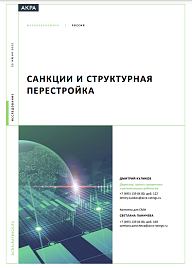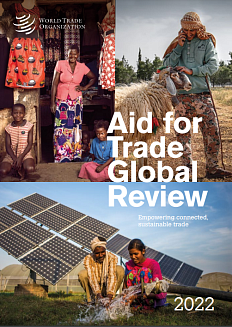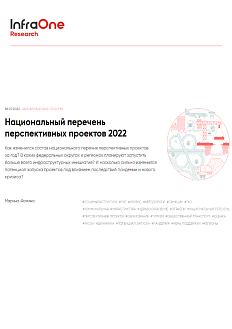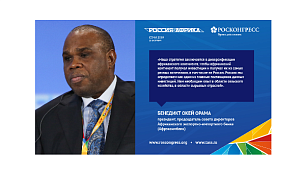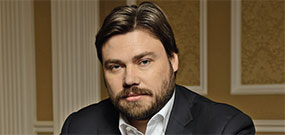In this publication ACRA analyzes the effect of the current geopolitical crisis and the sanctions on Russia’s economy. Also, ACRA has adjusted its macroeconomic forecast.
The Roscongress Foundation presents the salient points of the publication accompanied by fragments of broadcasts of relevant panel discussions from the business programme of international events held by the Roscongress Foundation.
The structural transformation of Russia’s economy caused by the sanctions has started a range of short-term and long-term processes associated with the search for new economic development courses.
The changes to internal and external conditions that took place in 2022 were serious enough for structural transformation processes to be launched in Russia on a massive scale.
ACRA identifies a number of short-, medium-, and long-term processes which will dominate in most areas of activity, with their results determining the future structure of the economy. Short-term processes and challenges (one year) include the search for alternative suppliers of components, services and licensed software; the search for new routes to ship goods under existing agreements; the search for ways to make payments without counterparties being threatened by secondary sanctions. Medium-term challenges, in ACRA’s opinion, are as follows: the search for new sales markets in countries that are not restricting exports from and imports to Russia; departure from the market of companies that fundamentally cannot exist in the new reality; changing priorities and content of state economic policy. Long-term processes and challenges (more than three years) include the search for new sources of complex science-intensive means of production; the flow of labor resources and the change in the structure of education caused by the change in the structure of demand for labor.
The period of structural rebuilding of the economy will be accompanied by crisis phenomena.
ACRA expects business activity to decline by 7–9% in 2022, and quite a long period of time will be needed to overcome this decline. The period of structural rebuilding of the economy will be accompanied by higher inflation and a materialization of credit risks, which over the forecast horizon will increase the average level of nominal interest rates for all periods relative to the level that was previously perceived as equilibrium. Restrictions on exporting energy to Europe will lead to a decline in the total physical volumes of production and exports, even taking into account the refocusing of part of sales to countries that are not participating in sanctions. Restrictions on technology imports will depress the country’s average labor productivity. The ruble exchange rate will depend heavily on the severity of external barriers to trade as well as internal capital controls. Government spending priorities will likely change. Over the next two or three years, the budget will be stimulatory and take on a significant part of expenses to support Russia’s too-big-to-fail companies in the real sector, as well as additional social obligations. This will be financed using ruble balances and additional oil and gas revenues without seriously resorting to new borrowings.
Gain more insights about economic development, trade, and investments in the Trade policy, Economic progress, and Investment climate sections of the Roscongress Information and Analytical System.


